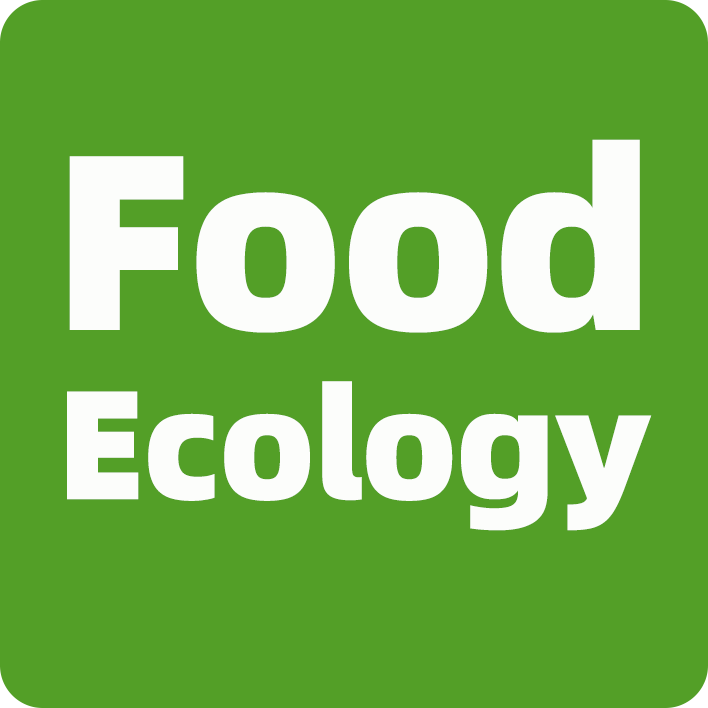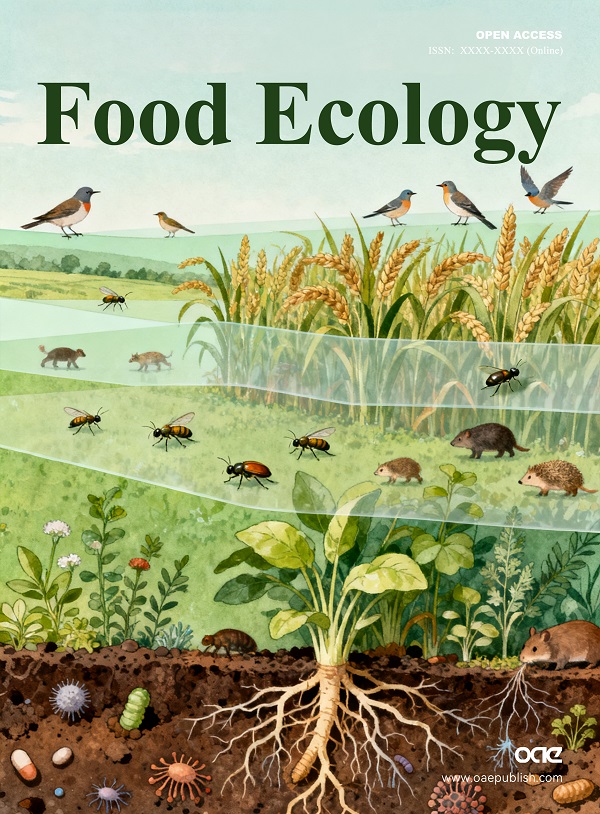Food Ecology is an international, interdisciplinary journal that publishes transformative research, opinion and perspectives advancing the understanding of how agriculture, food systems, and ecosystems interact to shape a sustainable future. The journal aims to bridge ecological principles with innovations in food production, nutrition, and environmental stewardship fostering a systems-level perspective on the global food-ecosystem nexus.
Food Ecology provides a platform for pioneering studies that integrate ecological science, agricultural technology, food quality, and human health within the context of planetary boundaries and climate resilience. The journal welcomes research that addresses the grand challenges of our time, including sustainable intensification, resource efficiency, circular food systems, biodiversity conservation, food safety, and the nutritional and health impacts of food production.
By connecting disciplines from soil, atmosphere and water ecology to food technology, policy, and human well-being. Food Ecology seeks to inform strategies and innovations that drive equitable, resilient, and regenerative food systems worldwide.
Aims and Scope
Food Ecology aims to advance fundamental understanding and transformative innovation at the intersection of food systems, ecological sustainability, animal and human health. The journal provides a high-impact forum for research, perspectives, and analyses that integrate biological, environmental, technological, and social dimensions of the food-ecosystem continuum.
We seek to publish interdisciplinary research that:
- Enhances sustainable agriculture and soil health, including soil fertility, microbiome dynamics, regenerative and conservation practices, nutrient cycling, and soil carbon sequestration.
- Advances water and ecosystem management, addressing irrigation efficiency, water reuse technologies, aquatic ecosystem protection, and pollution remediation.
- Integrates food science, nutrition, and safety, encompassing food quality, contamination monitoring, postharvest and processing technologies, and the development of functional and health-promoting foods.
- Applies life science and biotechnological approaches from molecular biology, genomics, and microbiology to systems biology and environmental biotechnology to improve food production and ecosystem resilience.
- Promotes climate-smart and low-carbon agriculture, including greenhouse gas mitigation, carbon sequestration, and life-cycle assessments for sustainable food systems.
- Evaluates pollution sources and environmental impacts, such as agrochemical residues, heavy metals, microplastics, and their mitigation through ecological or technological innovation.
- Drives technological and circular innovations, leveraging precision agriculture, digital monitoring, sensor networks, and circular bioeconomy models for resource-efficient and resilient farming systems.
- Explores policy, social, and economic frameworks that support equitable, climate-resilient, and biodiversity-friendly food systems worldwide.
Food Ecology welcomes original research articles, reviews, highlights, perspectives, and data-driven studies that connect ecological science with agriculture and food innovation/systems emphasizing scientific strategies, innovations for sustainable production, healthy diets, and real-world applicability.



